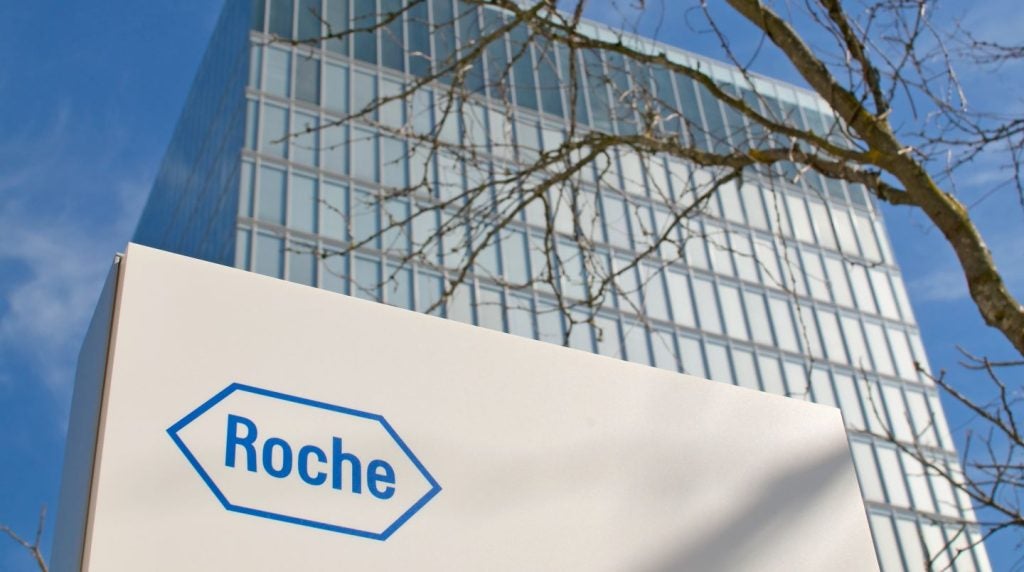
Ipsen and Servier have reported initial findings obtained from an ongoing Phase I/II clinical trial of Onivyde (liposomal irinotecan injection) in previously untreated metastatic pancreatic ductal adenocarcinoma cancer (PDAC) patients.
A topoisomerase inhibitor, Onivyde is indicated in combination with 5-fluorouracil/leucovorin (5-FU/LV) to treat metastatic pancreatic cancer that progressed after gemcitabine-based therapy.
The open-label Phase I/II study evaluated the safety, tolerability and dose-limiting toxicities (DLTs) of liposomal irinotecan plus 5-FU/LV and oxaliplatin (OX) as first-line therapy.
As of data cut-off at 19 February, the trial recruited and dosed 56 patients at 15 sites across the US, Spain, and Australia.
An interim analysis was performed after the second scheduled tumour assessment was completed across all four dose exploration cohorts at 16 weeks.
The pooled population (PP) analysis was conducted in 32 patients who received the selected 50mg/m² liposomal irinotecan dose.
How well do you really know your competitors?
Access the most comprehensive Company Profiles on the market, powered by GlobalData. Save hours of research. Gain competitive edge.

Thank you!
Your download email will arrive shortly
Not ready to buy yet? Download a free sample
We are confident about the unique quality of our Company Profiles. However, we want you to make the most beneficial decision for your business, so we offer a free sample that you can download by submitting the below form
By GlobalDataSafety data showed no grade three or higher fatigue or peripheral neuropathy. However, grade three or higher treatment-emergent adverse events (TEAEs) were reported by 20 out of the 32 subjects in the 50/60 PP.
At the data cut-off, 15 of 32 study participants in the 50/60 PP continued therapy.
According to efficacy results, one complete response, ten partial responses and 15 stable diseases were achieved. Meanwhile, disease control was experienced by 23 of 32 study patients in the 50/60 PP at week 16.
Overall, a response was found in 34% of the participants.
Secondary objectives of the trial are clinical efficacy assessed as overall response rate (ORR), disease control rate (DCR), and best overall response (BOR).
Ipsen senior vice-president and Oncology Therapeutic Area head Yan Moore said: “Onivyde is the first and only FDA and EMA approved second-line treatment for metastatic pancreatic cancer following gemcitabine-based therapy, and the initial data presented today provides a first look into the use of this investigational therapy earlier in the treatment sequence.”
Trial results have been presented at the ESMO 21st World Congress on Gastrointestinal Cancer in Barcelona, Spain.







